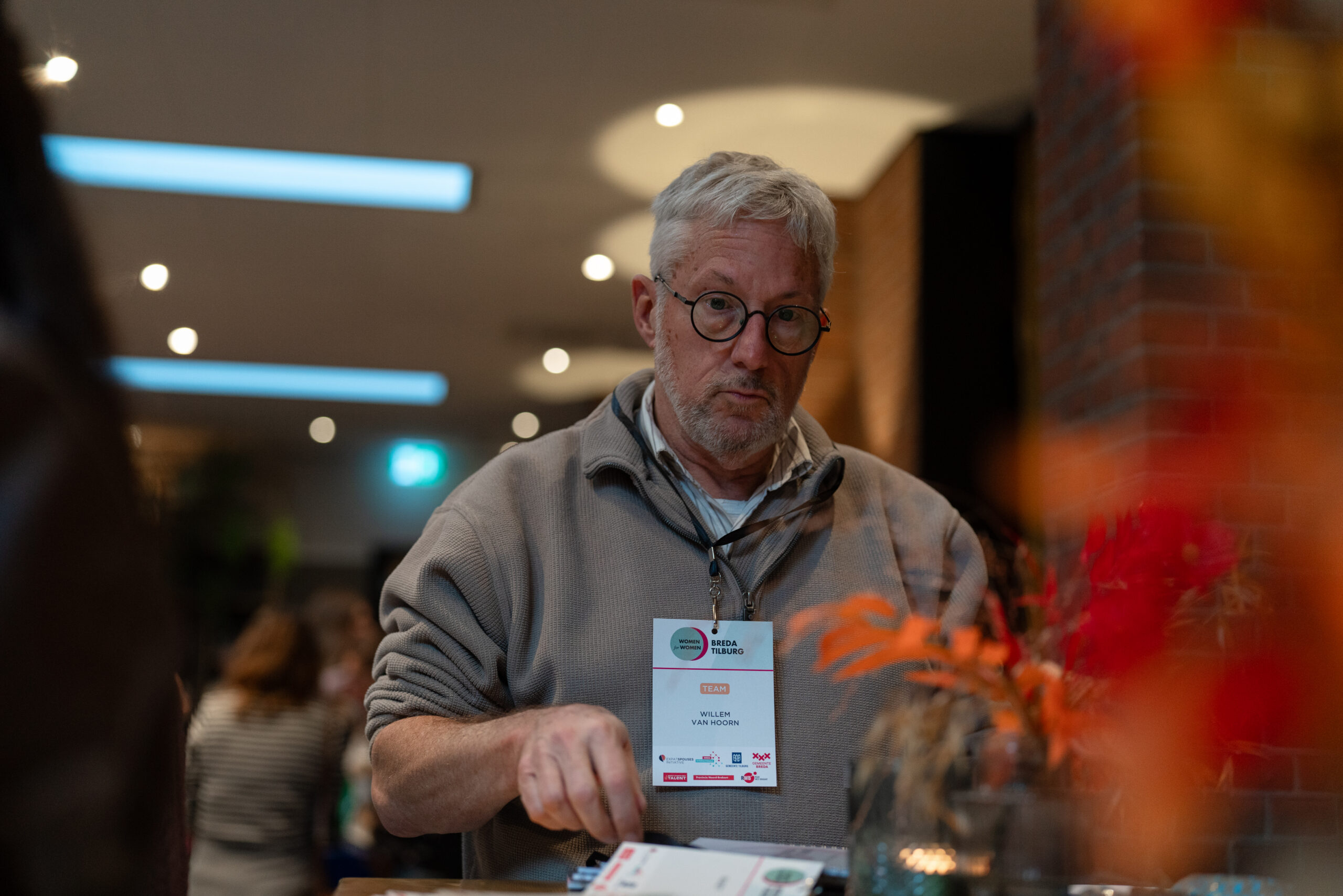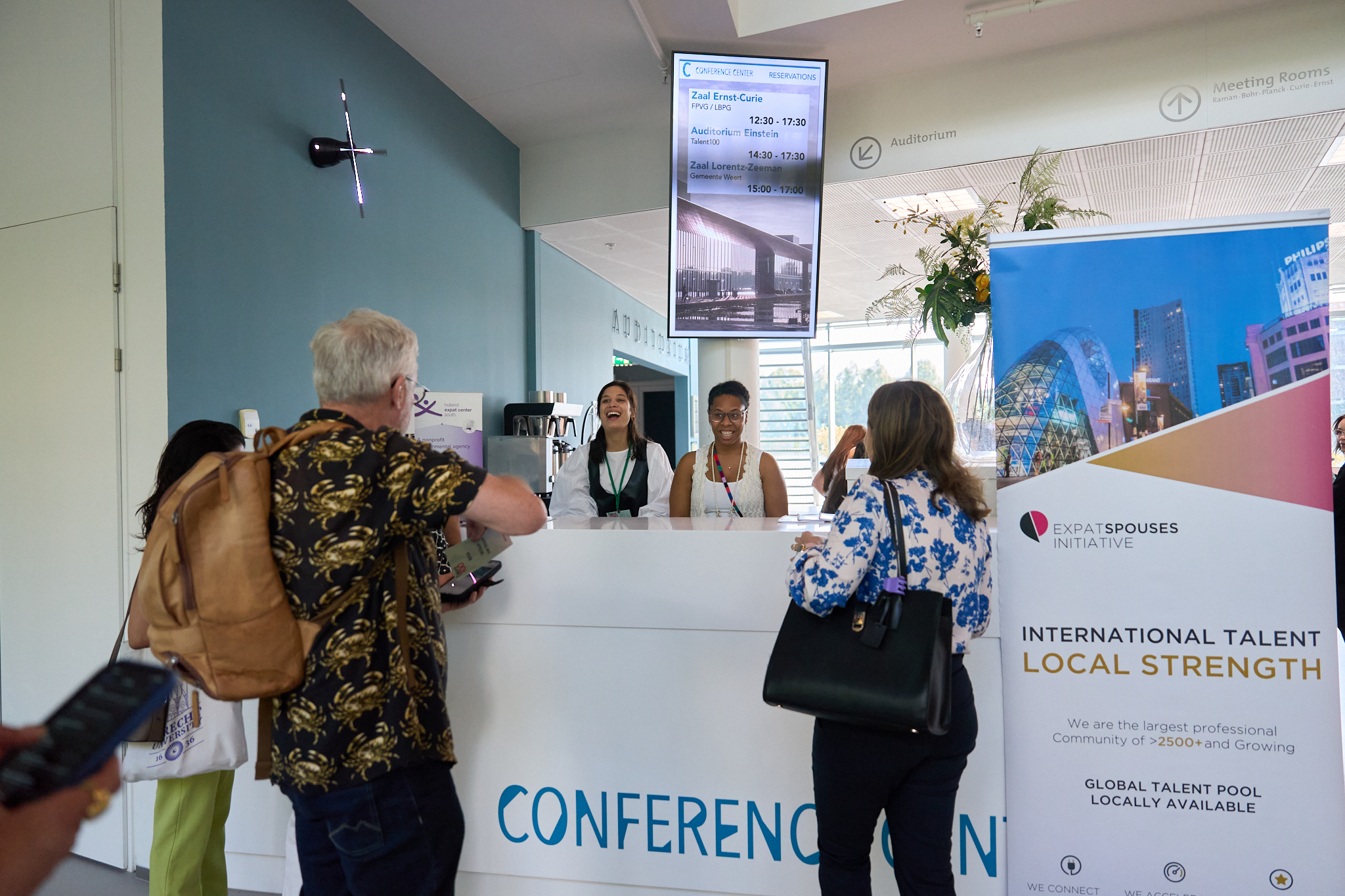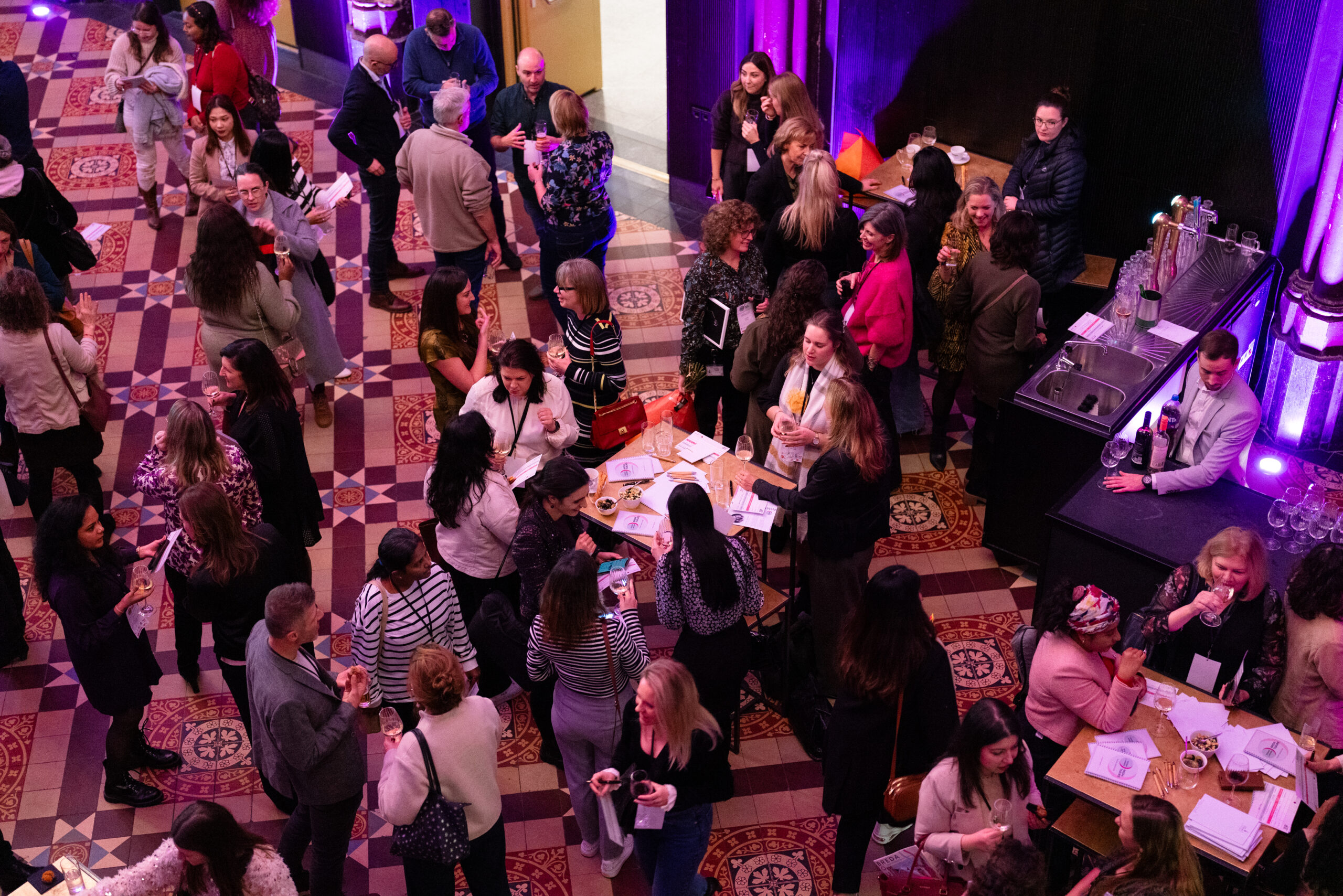This blog was written by Arshiya Shaik.
Conversation Over Coffee
When Willem van Hoorn was first invited for a cup of coffee to discuss the struggles of international spouses in Eindhoven, over a decade ago, he didn’t expect it to lead to such long-term involvement. Looking back from where we are now, that simple conversation became the beginning of his enduring connection with the Expat Spouses Initiative (ESI).
From Policy to Purpose
Back then, as a policy advisor on internationalisation at Eindhoven University of Technology (TU/e), Willem was already focused on the well-being of international researchers. But he had also come to realise, a crucial group was being overlooked: their accompanying spouses or partners. “They’re highly educated, incredibly motivated, and yet somehow invisible to the local job market,” Willem explained. “Meanwhile, the region is desperate for talent. How were these two worlds missing each other?”

Willem was involved with ESI even before its official founding, helping it evolve from a passionate idea into a powerful regional platform. Legal and cultural hurdles had long kept institutions like TU/e from directly supporting spouses’ careers, but ESI found another way: building bridges between untapped international talent and a region hungry for skilled professionals.
Shifting the Mindset Around Spouses
Throughout his journey, Willem has seen the narrative shift. In more and more places spouses are no longer viewed as a “problem to solve” but as valuable assets to the community. Willem expresses, “That mindset change is one of the biggest successes I’ve witnessed. ESI made spouses visible, heard, and appreciated.”
Writing as a New Way to Connect
Now retired, Willem channels his passion into writing insightful blogs about Dutch culture, a skill that surprisingly emerged during the pandemic. “Corona locked everyone in, and internationals felt disconnected. I started writing blogs to help them understand the strange little quirks of Dutch life. And it just stuck.”
His blogs reflect the same themes ESI promotes: belonging, connection, and understanding cultural nuances. Dutch society, Willem admits, is quite task oriented. This cultural trait, though also appreciated, can make it harder for newcomers to build social ties. “Work and private life are very separate here. That makes settling emotionally a lot harder than just getting a visa or a job.”

Why Community Support Matters
Willem believes that ESI’s focus on career is important, but it’s the community-building aspect that truly helps internationals feel at home. “You can’t separate finding a job from feeling good. If you feel seen and supported, you’re more likely to succeed professionally.”
A Vision for the Future
Looking ahead, Willem sees two major paths for ESI: expanding geographically across the Netherlands and doubling down on social integration. “It started in Eindhoven, but the model deserves a national stage. And while it is indeed a career initiative, emotional and social support is just as crucial.”
He also emphasizes the ongoing disconnect between available international talent and Dutch employers, especially small and medium enterprises. “There’s still a lot of untapped potential. Companies are often unaware of the many skilled internationals who are already here and ready to contribute.”

Willem’s advice to newcomers? “Connect, share your story, even before you arrive. There’s strength in shared experiences. And find people who get it. That makes all the difference.”
As he puts it, ESI didn’t just support international spouses — it changed the way an entire region views them. And for Willem, it all started with a cup of coffee. Over a decade later, he’s still here, still writing, still sharing, and still building bridges.

